Interview with Jonathan Kelly, principal oboe of the Berliner Philharmoniker.
It is a pleasure for me to interview Jonathan Kelly, principal oboe of the Berliner Philharmoniker, teacher at Karajan Akademie and Hans Eisler and also member of the Berlin Philharmonic Winds and Ensemble Wien-Berlin. I want to thank Jonathan Kelly one more time for this interesting interview.

How were your beginnings in music / with the oboe? Were there more musicians in the family?
I was lucky to go to school at a time when musical instrument lessons were free for everyone. My first teacher was a clarinettist, who demonstrated on the flute, which meant I felt pretty good about my oboe-playing capabilities right from day one!
My grandmother was an excellent organist, but she was really the only member of the family who could tell whether I was playing the right notes. I used to practise the oboe in the kitchen for hours and hours, because the acoustics there were best. My mother was very patient. One day, after I had been playing for six months, I finally had a lesson with a ‘real’ oboist, a girl from the local county youth orchestra. She suggested to me that maybe i shouldn’t blow quite so hard. That evening I went home and started practising in the kitchen as usual, and I can remember my mother looking over and saying, ‘wow; that sounds so much better!’ That was my big breakthrough, and from then on I never looked back. My father had a nice record collection, with a lot of Berlin Philharmonic recordings, and as a teenager I used to say that, some day, i would be solo oboist of that orchestra.
When did you decide that you wanted to be a professional oboe player?
As with most musicians I know, there never was a specific day when I made that decision, it was always clear to me that was what I would do, even though I went to University and studied History. The oboe was always my vocation.
Which teacher has influenced you the most?
I loved all my teachers, even the clarinettist! My second teacher was a Miss Marple look-alike called Miss Armstrong. She was a true representative of the old English school. She spoke of line the whole time. I even had to play scales for her as if they were part of the most beautiful slow movement ever written. My next teacher, Helen Powell, insisted on proper diaphragm support and developing a real ‘stretch’ in the sound. After that came Celia Nicklin, who had such a strong belief in me that it gave me wings. That prepared me for my year in Paris with Maurice Bourgue, who challenged me to listen honestly to my sound and my musicality and work out solutions for myself. I have been blessed with great teachers, but also learnt much from masterclasses, remembering particularly one by the soprano Emma Kirkby, which changed my whole musical outlook!
What type of oboe do you play with?
Marigaux 901
How were your beginnings at Birmingham Symphony Orchestra?
That was an enormous adventure, to join an orchestra which was riding the crest of a wave with Simon Rattle. We toured the world, recorded CDs, TV series, and I was just 24. The second oboist was Karen O’Connor, who sadly recently died. She was like a mentor to me at that time, and taught me a lot about reeds and orchestral playing. The CBSO had a wonderful wind section, we had a great friendly and mutually supportive atmosphere going on.
If you had to highlight an oboe repertoire, what would it be and why?
Beethoven, Brahms, Bruckner and Mahler gave us this incredible treasure of our orchestral repertoire. Mozart, Wagner, Verdi and Strauss made the oboe prima donna roles in their operas. And then there’s Ravel, and what about Schumann, the second symphony? I could go on all day…It makes me wonder why any oboist would ever want to be ‘just’ a concerto soloist and not play in an orchestra.
What would you highlight about your work as a soloist with the Berliner Philharmoniker?
The Berlin Phil is actually the easiest orchestra in the world to play in, because you are surrounded by such active and committed musicians. You feel constantly carried along by a wave of communication and creativity. Maybe that is sometimes challenging for the conductor to bring under control, but for me it is heaven!
What is the repertoire in the orchestra with which you feel most identified / the one you like the most?
I always used to feel most at home in the baroque and classical repertoire, but as time goes by I really enjoy the romantic repertoire more and more. A highlight for me are our annual opera performances in Baden Baden. Last year we played Tristan and Isolde, and the oboe part is really extraordinarily beautiful.
Which conductor or soloist has impressed you most?
I am so excited about working with our Music Director elect, Kirill Petrenko. I admire how he maintains the attitude of servant to the music, particularly in an age when there is so much hype in the classical music world. It troubles me how so many musicians nowadays seem to crave fame. Petrenko is not like that at all, he just wants to make the best possible music.
How do you see the music scene nowadays?
As I said just now, there is far too much emphasis on publicity and self promotion in classical music. I think the most important thing to do is cultivate your own unique musical voice and put it to the service of the music.
What advice would you give to oboe students to prepare for orchestral auditions?
Know the orchestral excerpts inside out, and preferably by heart. Think about the emotional message of each excerpt, and not just the technical challenge. Play with perfect intonation (especially all the Gs in Mozart concerto) and good rhythm, that means practising with a metronome!
What are your future projects (upcoming concerts, masterclasses …)?
I am recovering from an accident in February when I dislocated and broke my shoulder, so my plan is just to get back to oboe playing as soon as possible! Apart from the orchestra’s busy schedule, I teach at the Karajan Akademie and also have a small number of students at Hans Eisler. I am on the faculty of the Pacific Music Festival in Sapporo, Japan, this summer, and will be back in Asia in autumn with Ensemble WienBerlin for solo and quintet concerts. I am slowly beginning to think it might soon be time to record the Strauss, but we will see…
Photo and video: www.berliner-philharmoniker.de

 English
English Español
Español Italiano
Italiano Deutsch
Deutsch Français
Français Português
Português 日本語
日本語 简体中文
简体中文 Русский
Русский
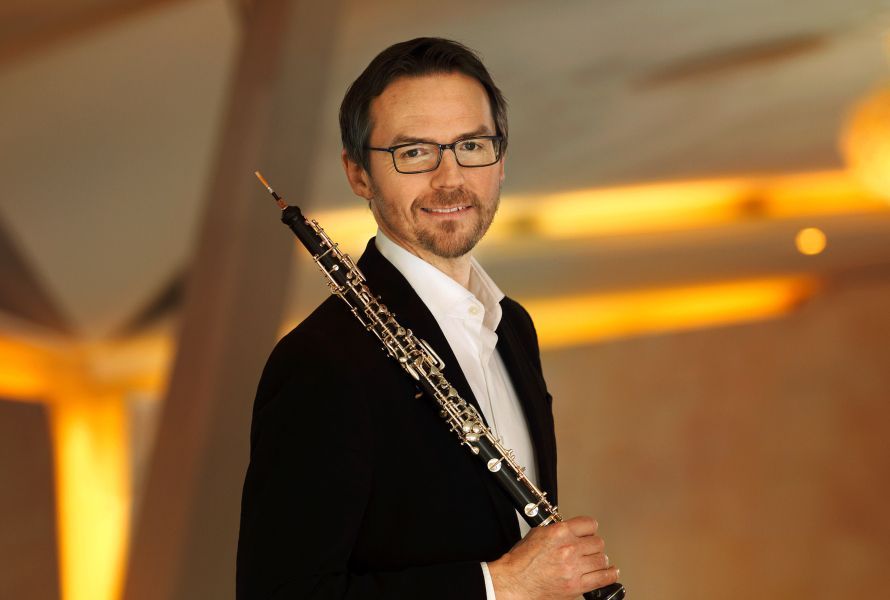
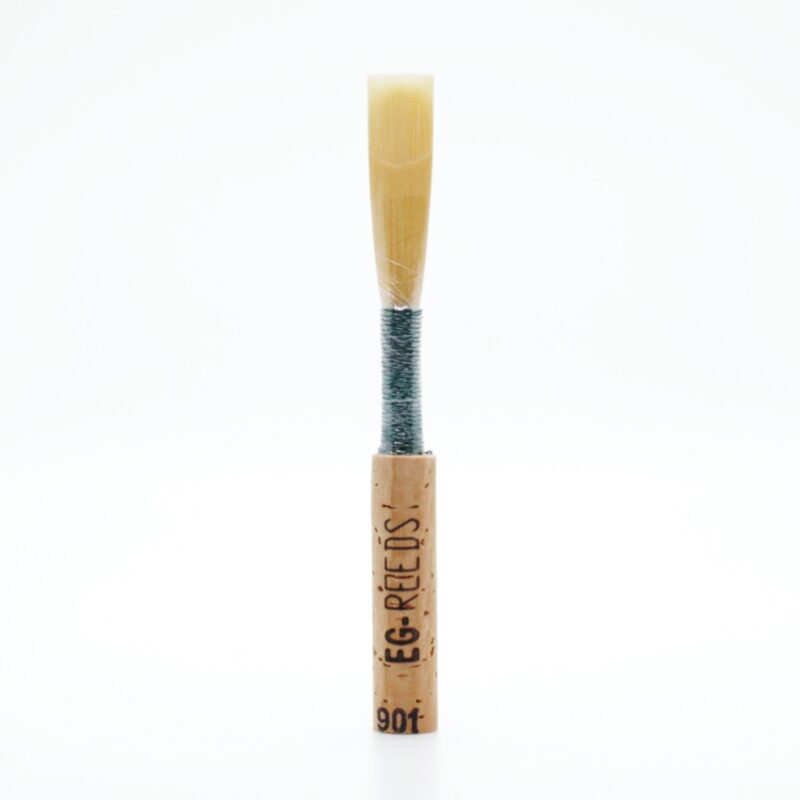

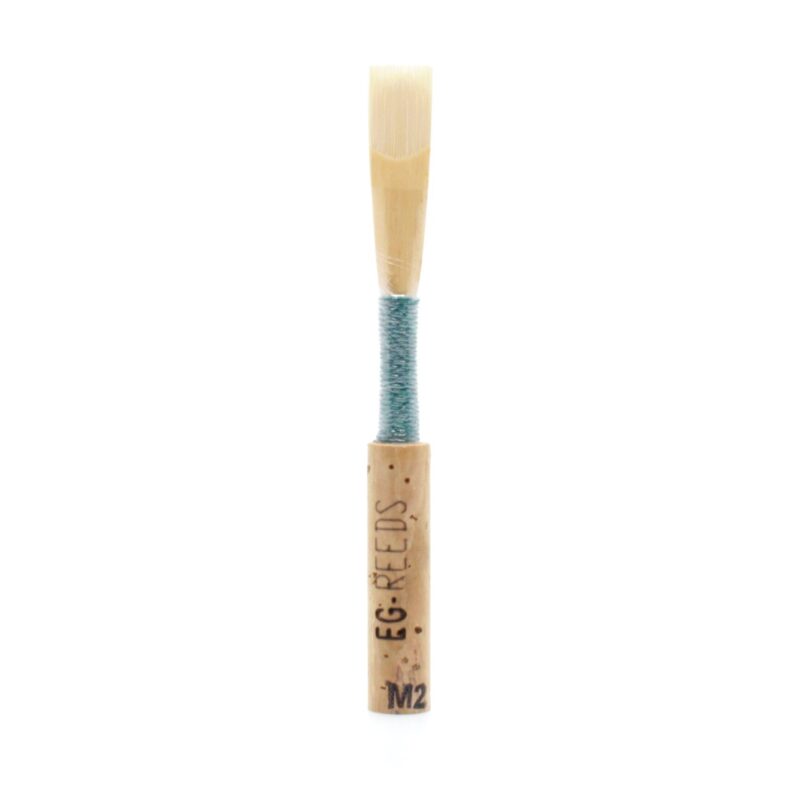
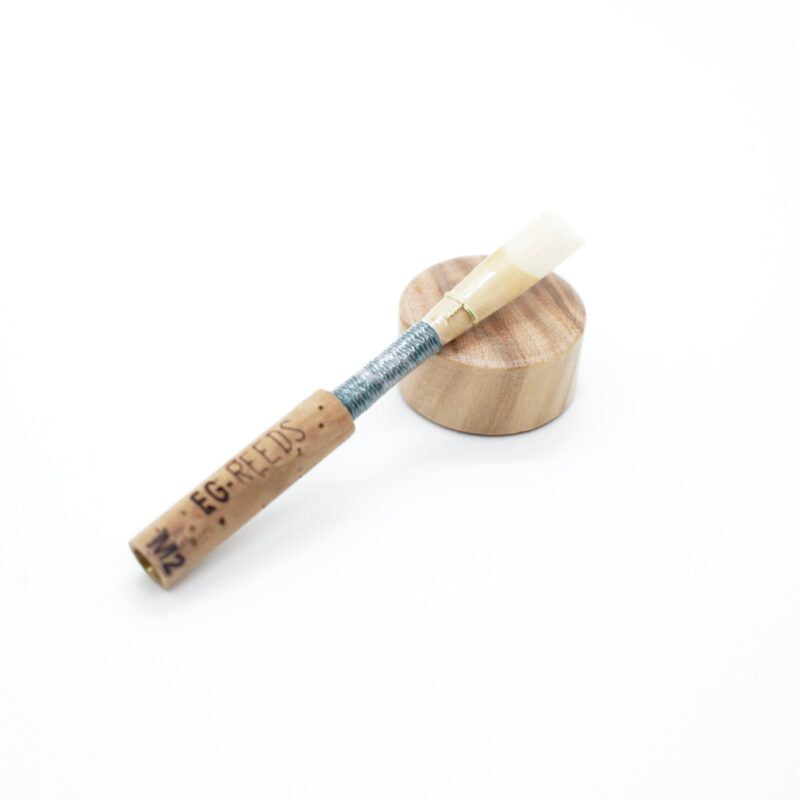

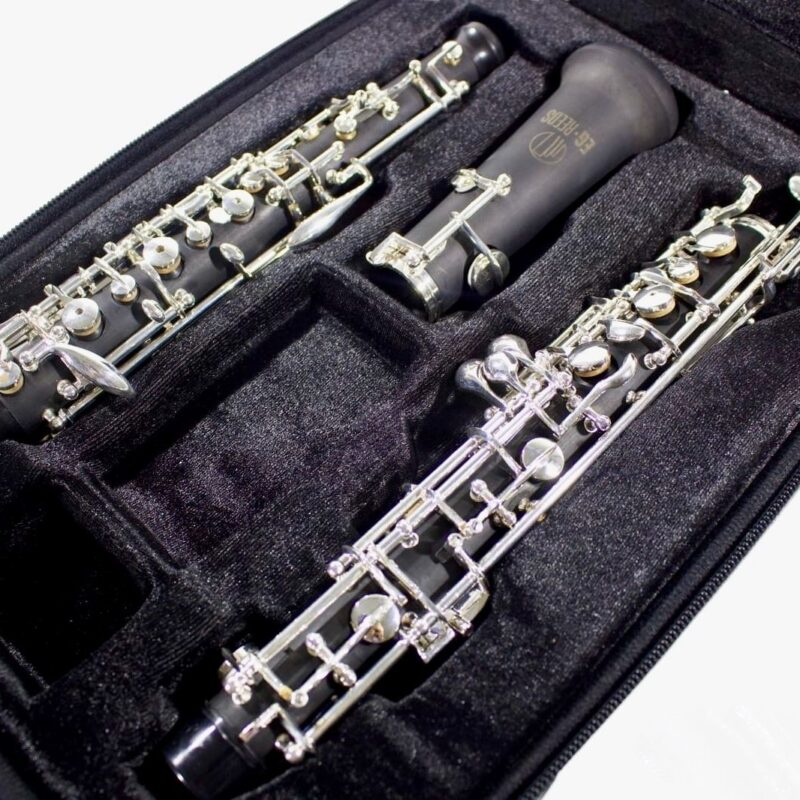

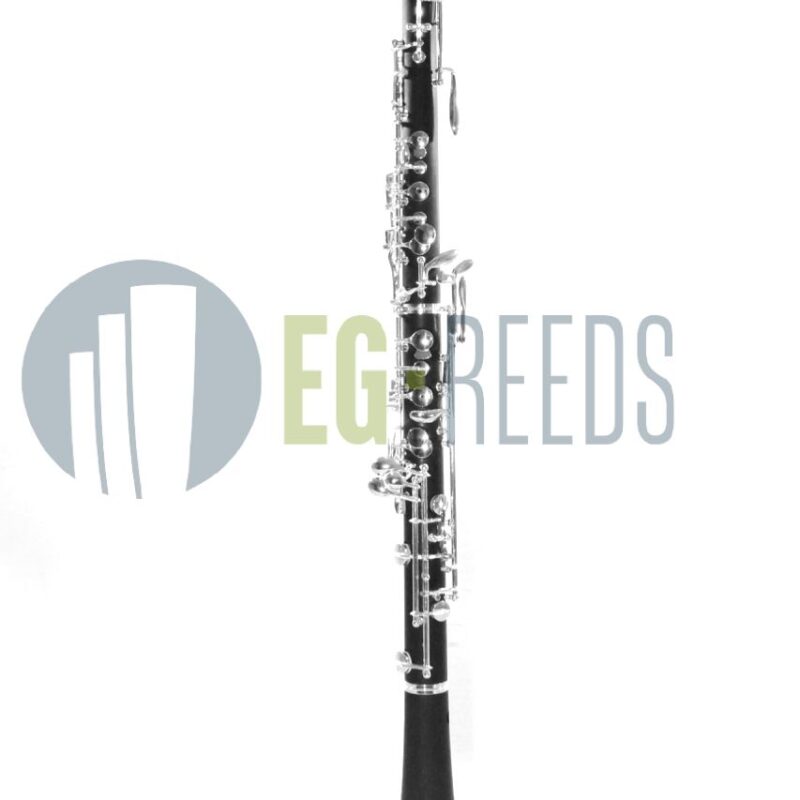
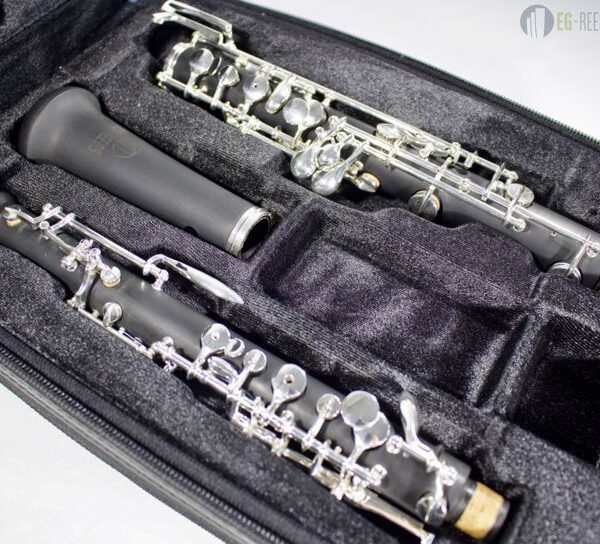
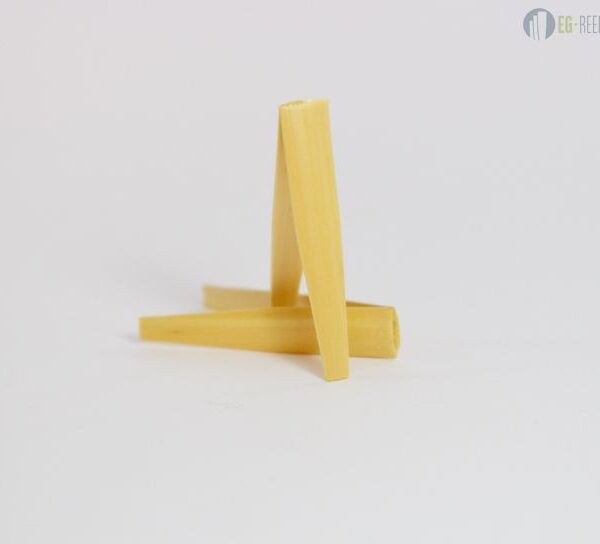
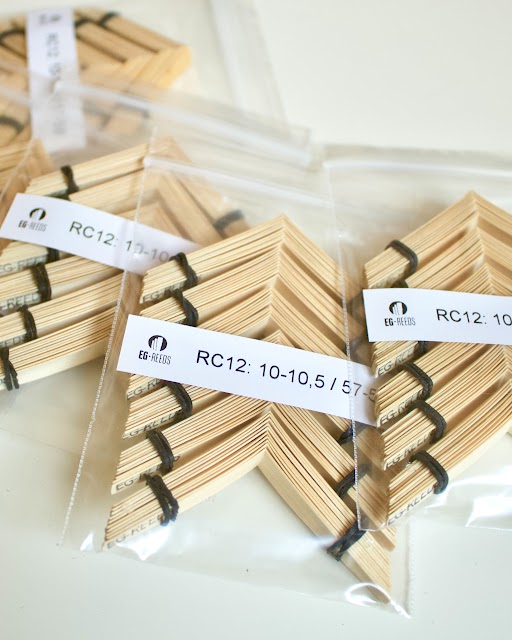


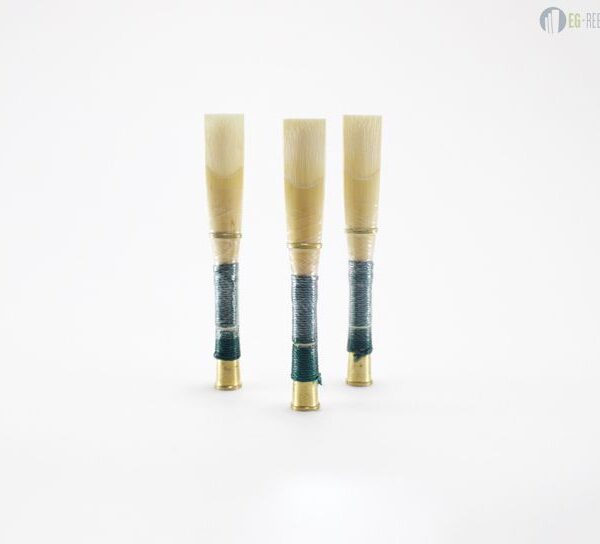
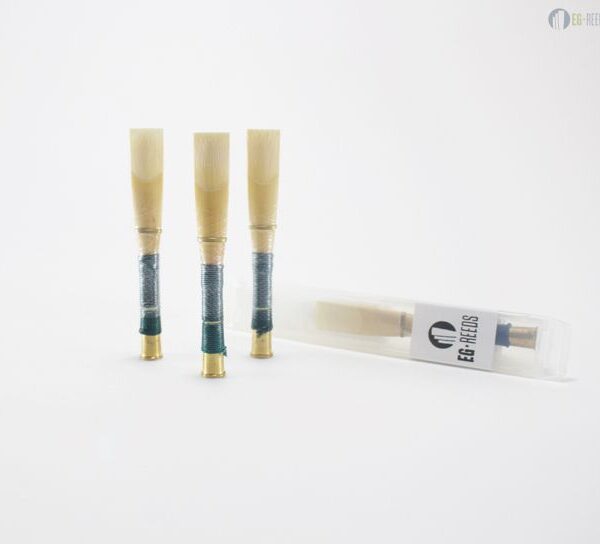


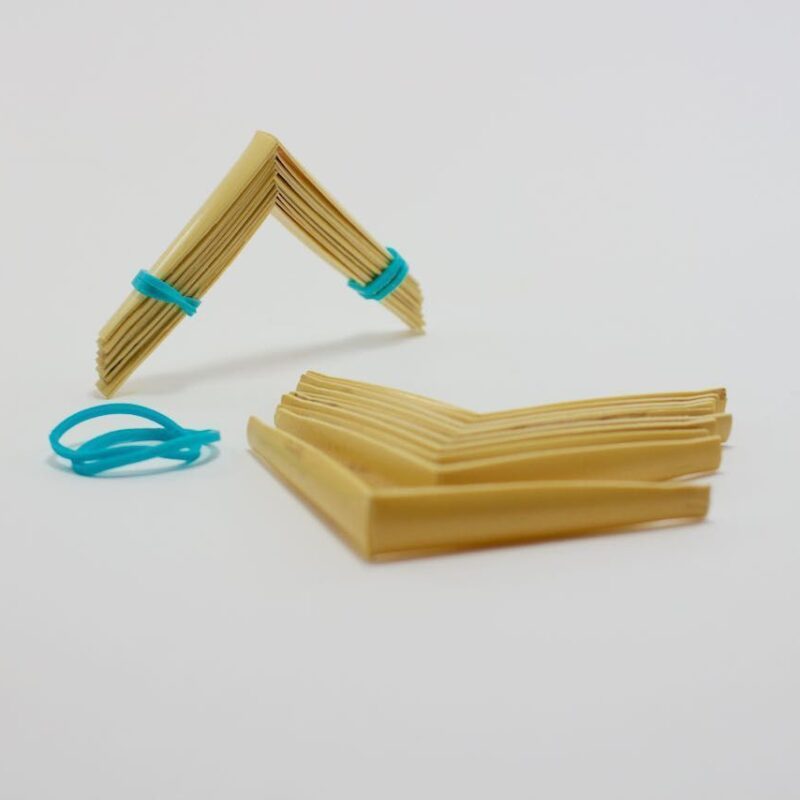
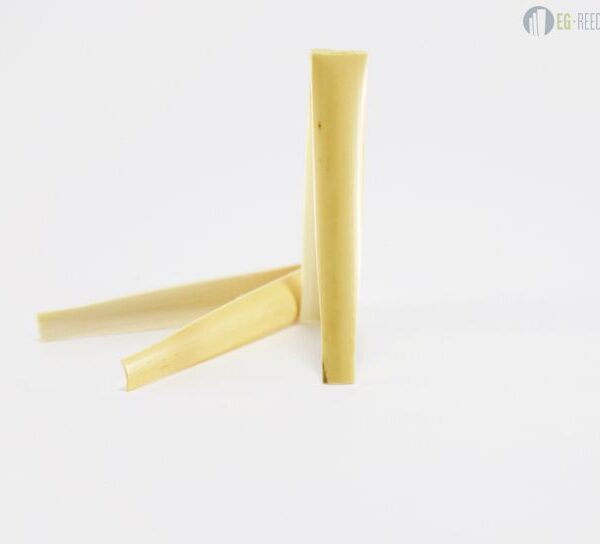




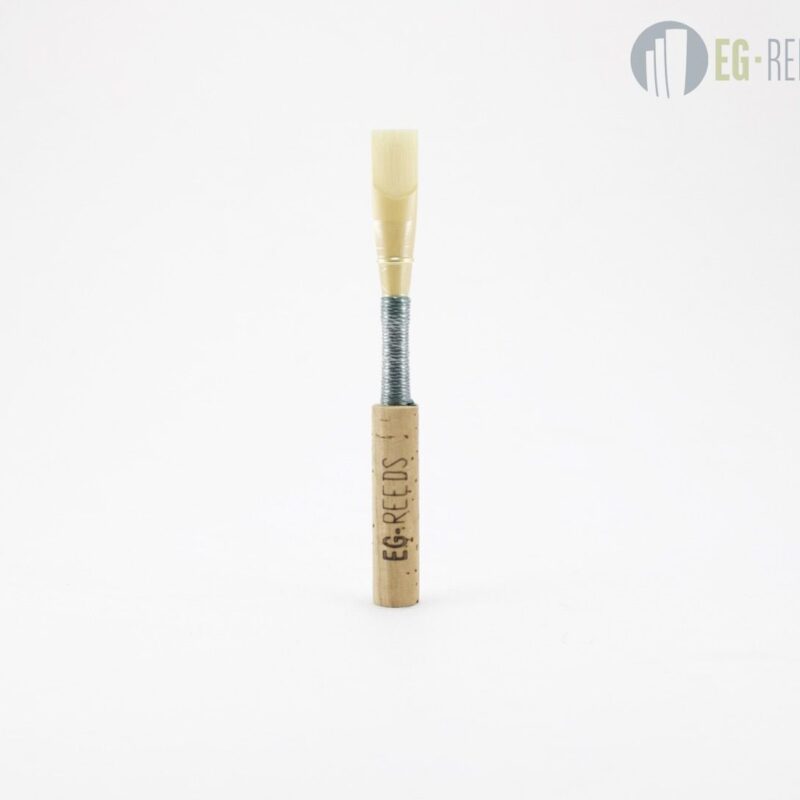

전문 오보에 리드 901
전문 오보에 리드 M2
세미프로페셔널 오보에 EG-REEDS
전문 오보에 리드 Mayer
초보자 오보에 EG-REEDS
오보에 케인EG-REEDS (shaped)
오보에리드(초보자 학생) EG-REEDS
전문잉글리시 호른리드 EG-REEDS
Changes to our shipping options starting January 1, 2026
François Leleux
11월
Maurice Bourgue
3월
The oboe in film music
3월
Albrecht Mayer
2월
Heinz Holliger
1월
Merry Christmas and Happy 2025!!
12월
How to buy the best oboe for students?
12월